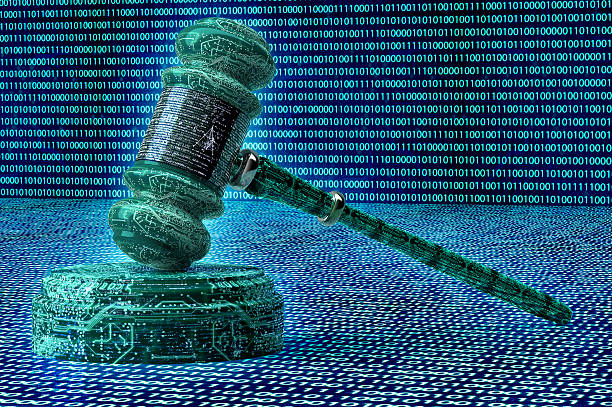Introduction
The Role of Privacy Laws in a Digital Society
The digital age is marked by rapid technological advancements, transforming the way we interact, work, and communicate. With data becoming a valuable asset, privacy laws ensure that personal information remains protected while fostering innovation responsibly. From General Data Protection Regulation (GDPR) to localized frameworks, these regulations aim to balance privacy and technological progress.In today’s interconnected world, privacy laws play a critical role in defining the boundaries of digital innovation and safeguarding individual rights. As we navigate this data-driven era, understanding the profound influence of privacy laws becomes essential for individuals, businesses, and policymakers alike.
The Evolution of Privacy Regulations
Historical Context
Privacy regulations have evolved alongside technological innovation. Early laws focused on protecting tangible records, but the rise of the internet shifted the focus to digital footprints. The GDPR, implemented in 2018, became a benchmark for modern privacy laws, emphasizing user consent and accountability.
Core Principles of Privacy Laws in the Digital Age
User Consent and Transparency
Privacy laws demand that organizations obtain clear user consent before collecting data. Transparency about data usage is essential, empowering users to make informed decisions.
Data Sovereignty and Cross-Border Regulations
With globalization, data often crosses borders, raising concerns about jurisdiction and security. Laws like GDPR address these challenges by emphasizing data sovereignty and cross-border compliance.
Privacy-By-Design in Technology Development
Modern privacy laws encourage a proactive approach through privacy-by-design principles, integrating security measures into technological solutions from inception.
Impact on Businesses and Innovation
Challenges for Corporations
Compliance with stringent privacy regulations can be costly. Organizations must invest in secure data handling, employee training, and legal expertise to ensure adherence.
Opportunities in Responsible Innovation
While challenging, privacy laws foster trust and reliability. Businesses adopting ethical data practices gain competitive advantages by building stronger customer relationships.
Global Landscape: A Comparative Analysis
GDPR and Its Influence Worldwide
The GDPR set a global standard, inspiring similar frameworks in regions like California with its Consumer Privacy Act (CCPA). This harmonization streamlines compliance for multinational companies.
Divergence in Local Regulations
However, differences persist. Countries like China emphasize state control over data, while others prioritize individual rights, creating a complex regulatory environment.
Future Directions: Shaping the Digital Frontier
As technologies like artificial intelligence (AI) and blockchain emerge, privacy laws will continue evolving. Ethical AI, secure data management, and international collaboration will define the future landscape.
Conclusion
A Collaborative Effort for Digital Harmony
Privacy laws are indispensable in shaping the digital age. Striking a balance between innovation and individual rights requires collaboration among governments, corporations, and citizens. By prioritizing privacy, we can ensure a secure, transparent, and ethically-driven digital future.

